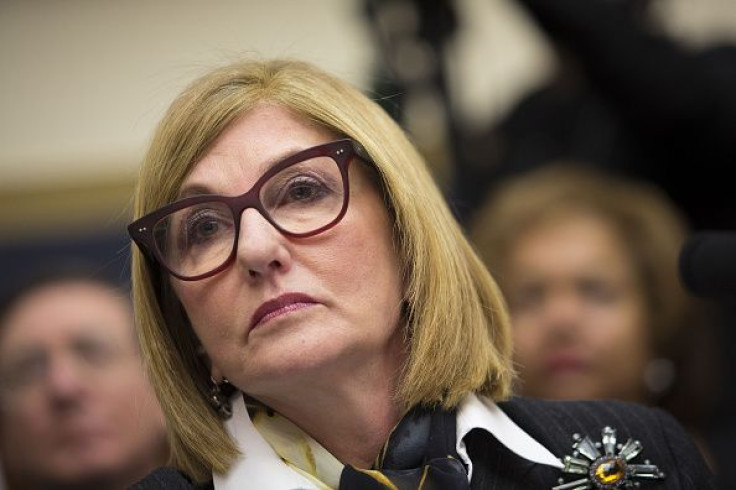US Regulators Propose Limits On Wall Street Executives’ Pay

A group of U.S. regulators issued a proposal on Thursday to restrict incentive-based compensation at big financial companies and prevent executives from receiving outsized rewards for making overly risky gambles.
The 2010 Dodd-Frank Wall Street reform law passed after the financial crisis calls for limits on bonuses and other results-related compensation that firms pay their top executives and other employees.
Regulators first issued a proposal in 2011, and this is a modified version that covers a wider universe of professionals and includes "clawbacks," where a firm can recover incentive-based compensation from an executive who engaged in misconduct within a seven-year window.
"Congress, and the American people, want senior executives at large financial institutions held accountable if their desire for personal enrichment leads to decision-making that results in material losses to the institution or our deposit insurance funds," said Rick Metsger, vice chairman of the National Credit Union Administration, which released a draft of the proposal he said spans 500 pages.
Metsger cited firms that failed during the crisis and that had "rewarded senior officials based on the volume of business they generated, regardless of whether the institution subsequently made or lost money on that business."
Specifically, the proposal, which was crafted by the credit union regulators and five other agencies including the U.S. Securities and Exchange Commission and the Federal Deposit Insurance Corp, prohibits incentive-based payments that could encourage "inappropriate risks by providing excessive compensation or that could lead to material financial loss," according to a summary from the NCUA.
Most of the proposal, which will not become final for months, is aimed at firms with $50 billion or more in assets. It would not be retroactive to existing compensation plans, said NCUA Board Chairman Debbie Matz.
Larger companies would have to defer parts of incentive compensation for some senior officers and those considered "significant risk-takers," pushing off payments of cash and equity for a number of years.
They would also have to include forfeiture and claw-back provisions for some compensation, which could be triggered by poor financial performance attributable to deviation from the company's policies, inappropriate risk-taking, or not complying with federal and state laws.
The 2011 draft did not include "significant risk-takers," which Thursday's proposal defines as employees "who are not senior executive officers but who are in the position to put a ... covered institution at risk of material financial loss."
They are among the top 5 percent or top 2 percent of a firm's highest-compensated workers, depending on the firm's size, or have "authority to commit or expose 0.5 percent or more of the capital" of a firm.
JPMorgan Chase & Co in 2012 showed that lower-level officers can expose firms to risk with its "London Whale" trading scandal, where bad derivative bets made by a member of the chief investment office led to $6.2 billion in losses.
"Although the overall pay rule is tougher than previous versions, it is certainly still more benign relative to European rules," said Alan Johnson, managing director of Johnson Associates Inc, a compensation consultant serving financial services firms, referring to the proposal.
He said the four-year deferral period "is not overly restrictive." But the clawback could prove "onerous" since it covers activities of seven years.
"However, the real issue is how it will be determined and who will enforce the clawback?" he said. "Will the government have a role and how consistent will the application be?"
© Copyright Thomson Reuters 2024. All rights reserved.











